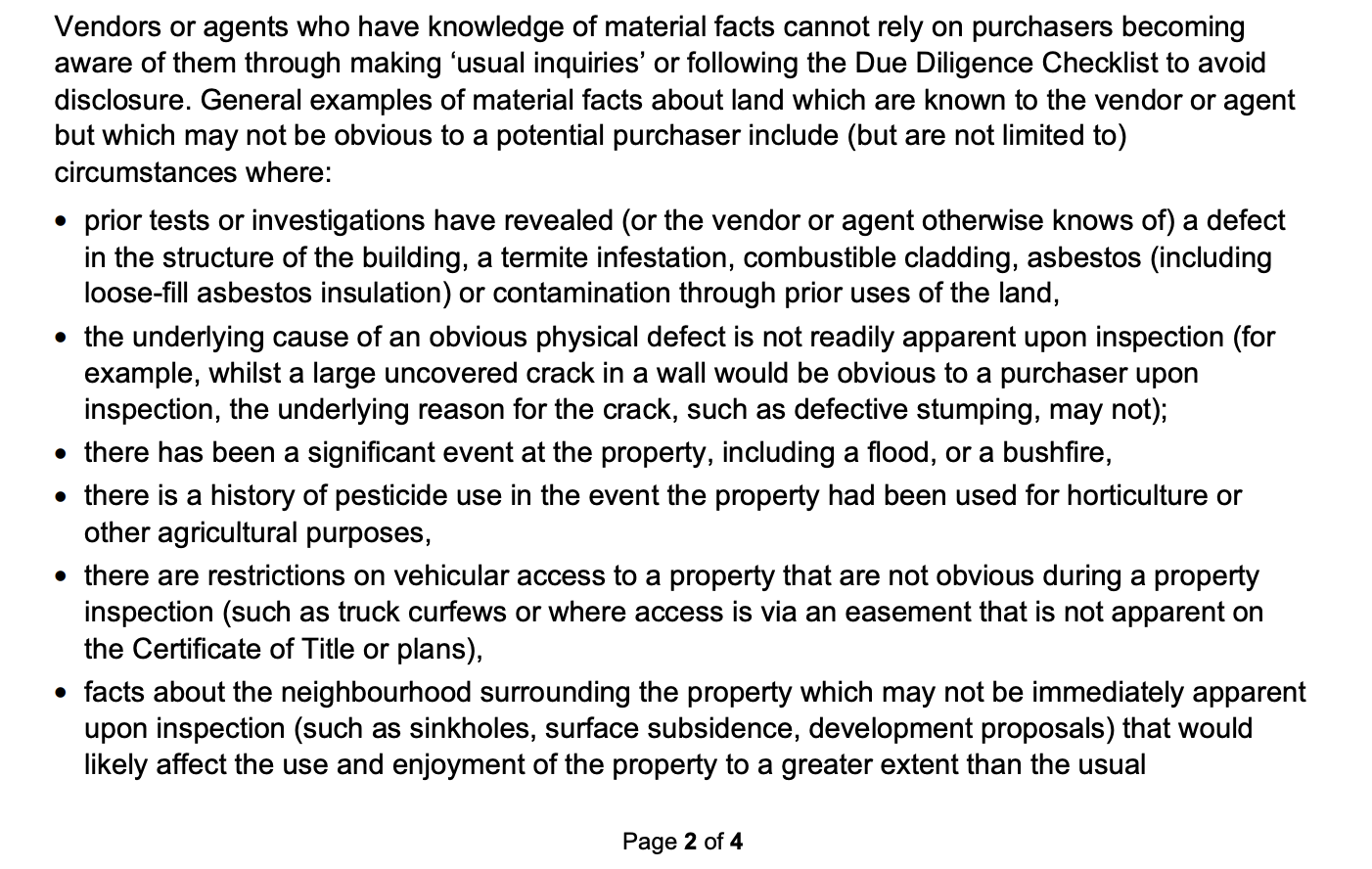Hidden Dangers: How Mould Can Impact Your Property Purchase in Victoria and What Agents Are Legally Obligated to Disclose!

The advent of Material Fact Guidelines has brought a significant change in the real estate landscape in Victoria, Australia. Enacted on 1st March 2020, these guidelines were designed to protect purchasers of land, buildings, and Strata by emphasizing the importance of honest disclosure of information. The global pandemic, however, overshadowed its rollout and left many unaware of this vital legislation.
Under this legislation, Estate Agents must provide comprehensive disclosure about the properties they're dealing with, avoiding concealment of any material facts. If a fact isn't disclosed honestly, both the estate agent and the vendor could face significant consequences. The guidelines, though straightforward, require keen understanding for effective implementation.

A significant implication of these guidelines is the pressure they put on real estate agents and vendors to share information beyond the conventional Section 32 documentation. This information could relate to past instances of flooding, water leaks, disputes with builders, insurance claims, hidden defects, or any prior professional reports. Disclosure extends to all aspects of the property, including conditions that could lead to mould growth.
Specifically, let's consider the cases of flooding and mould. These are two significant issues that could potentially affect the value, safety, and usability of a property. The history of flooding can inform prospective buyers of potential future occurrences, related damage, and possible mould growth.
Mould infestation often follows water damage. It poses serious health risks and can lead to extensive property damage if not addressed. By disclosing the history of mould, sellers and agents can provide a realistic picture of the property's condition, allowing buyers to make informed decisions.
As a buyer, always insist on written responses to all questions put to the Real Estate Agent/Vendor. This is a good practice to ensure clear communication and accurate information. The Material Fact Guidelines, when included with a purchaser's written queries, serves as a potent reminder of the agents' responsibilities.

To conclude, the Material Fact Guidelines have emerged as a powerful tool to safeguard buyers' interests. It empowers them to seek comprehensive disclosure about potential properties, particularly related to issues like flooding and mould. However, it's essential that the guidelines are promoted more widely so that all parties in the real estate sector are well aware of the implications.
The bottom line? Honest, complete disclosure makes for a smoother, fairer real estate transaction process. It's always better to spend time understanding the property you're buying now rather than facing potential issues and legal complexities later on. After all, prevention is better (and cheaper!) than cure.
References:
Burke Lawyers (2023) Sale of land act changes – what is a ‘material fact’? Available at: https://www.burkelawyers.com.au/insights/sale-of-land-act-changes-what-is-a-material-fact/#:~:text=The%20Sale%20of%20Land%20Amendment,a%20property%20when%20selling%20land. (Accessed: 27 May 2023).
Consumer Affairs Victoria (2022) Sale of land changes in effect from 1 March - Legislation update. Available at: https://www.consumer.vic.gov.au/latest-news/sale-of-land-changes-in-effect-legislation-update (Accessed: 27 May 2023).
REIV (no date) Material fact guidelines - available now. Available at: https://reiv.com.au/policy-resources/latest-news/material-fact-guidelines-available-now (Accessed: 27 May 2023).

